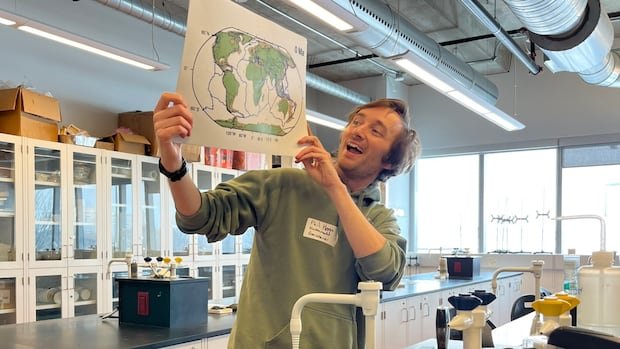In a world where misinformation is prevalent, geophysicist Philip Heron is dedicated to promoting the value of critical thinking. Heron is the creator of Think Like a Scientist, a program initially established in the U.K. and now introduced in Canada. The program, spanning seven weeks, has been administered not only in schools but also in correctional facilities, yielding transformative impacts on some participants.
One such individual, Dalton Harrison, who took part in the inaugural program session in a prison, is now pursuing a master’s degree in criminology. Reflecting on his experience, Harrison shared how a talk at Durham University, facilitated by Heron, served as a turning point in his life, igniting his academic aspirations.
During the academic year, Heron teaches at the University of Toronto’s Scarborough campus within the Department of Physical and Environmental Sciences. In the summers, he extends the Think Like a Scientist program to several Canadian prisons. The program is tailored to introduce the scientific method to individuals who may not consider themselves science enthusiasts, including those with incarceration backgrounds.
Heron emphasizes the significance of embracing failure, asserting that setbacks, both in life and science, can pave the way for success. Acknowledging the negative educational experiences many incarcerated individuals have faced due to various factors, Heron adopts a non-traditional classroom approach, fostering interactive discussions on diverse topics such as climate change, robotics, and space missions. Central to the course is the concept of embracing failure as an intrinsic part of the scientific journey.
In teaching about space exploration, Heron quotes Canadian astronaut David Saint-Jacques on managing mental health in isolation, drawing parallels between the challenges of space and the confines of prison. Former participants like Phoenix Griffin attest to the program’s empowering impact, citing newfound confidence and a willingness to explore new opportunities. Griffin, now in her third year of university post-release, credits the program with instilling a fresh perspective on learning from mistakes and embracing personal growth opportunities.

